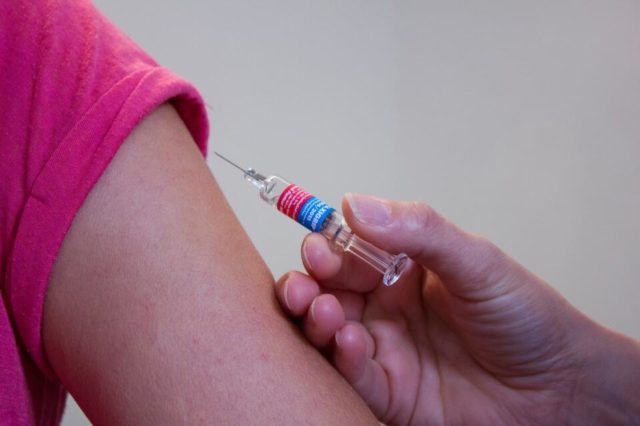The co-principal investigator of the Johnson & Johnson implementation study, Professor Glenda Gray, has warned that a global syringe shortage may affect South Africa when the scale of the Covid-19 vaccination programme increases.
Durban – The co-principal investigator of the Johnson & Johnson implementation study, Professor Glenda Gray, has warned that a global syringe shortage may affect South Africa when the scale of the Covid-19 vaccination programme increases.
Gray, who is also the chief executive of the South African Medical Research Council, was commenting following several reports of countries around the world not having enough syringes for their Covid-19 vaccination drives.
She said there was a shortage of syringes on a global level which had caused their price to increase locally.
Reuters reported earlier this month that Japan’s Covid-19 vaccine roll-out had been dealt a blow because of a shortage of speciality syringes.
According to Reuters, the speciality syringes, which are called low dead space syringes, improve the efficiency of vaccines by 20% by minimising drug residues left in needles.
Australia also experienced a similar shortage of the speciality syringes, according to The Sydney Morning Herald. It was reported that the standard syringes available were only able to extract five of the six doses in one vial of the Pfizer/BioNTech vaccine.
“We are seeing that syringes are much more expensive than they were one month ago,” said Gray.
The price of a pack of syringes increased from R50 to R400, she said.
“I have alerted the relevant authorities that this is something that should be kept on their radar for the large roll-out, because I know that there is a global shortage of syringes and that some countries have struggled,” said Gray.
She said South Africa currently had a small programme to vaccinate 500 000 people with the J&J vaccine.
“Imagine if you are doing millions. We have to make sure that we don’t have stockouts of the syringes. It would be terrible to have vaccines with no syringes.
“Its like when we ran out of testing kits, and we don’t want that to happen again. We need to make sure all our supplies are there so that we are not scrambling for things,” she said.
She added that if South Africa did run out of syringes it would effectively stop the vaccination roll-out.
“We wont be able to vaccinate because there are about five to six doses in one vial, and we have to be able to draw it out into a syringe. If you don’t have syringes you cant draw out the vaccine,” said Gray.
She said they were hoping to reach 500 000 vaccinations by mid-April, and that the Pfizer vaccine study would then commence.
She added that there may be an overlap between the J&J and Pfizer implementation studies.
“We might transition relaxation programmes, and maybe even use urban settings for Pfizer and rural settings for the J&J,” said Gray.
On Monday the South African Health Products Regulatory Authority (Sahpra) announced that it had approved a section 21 emergency use of the Pfizer/Biontech double dose vaccine in South Africa.
Sahpra said the use of the vaccine was subject to further efficacy and safety surveillance.
Meanwhile, the chief regulatory officer of Sahpra, Portia Nkambule, discussed the side effects that were reported by recipients of the J&J vaccine as part of the implementation study during a Health Portfolio Committee meeting yesterday.
She said that from the reports that had been received, the majority of adverse events following immunisation were minor local reactions. The most comment recurring events included “swelling, redness and hardness”.
With regard to the more serious events, Nkambule said they had received about 18 reports.
“Out of those 18 reports, 12 were not related to the vaccine, and one is still under investigation.
“Those that were related to the vaccine included allergic reactions to the vaccine, and the patients have since recovered,” she said.
The national Department of Health did not respond to repeated requests for comment regarding the impact of the global syringe shortage on South Africa.
The Mercury








